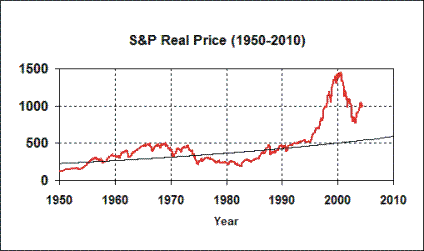I now have a response to the issue you raised over the Palmer Raids.
http://en.wikipedia.org/wiki/Palmer_Raids
One of the reasons that I gave in support of the claim that we've
been in a 4T period since 9/11 is that we started locking up Muslims
in jail with no charges afer 9/11, and that it would have been
impossible to do that just a year or two earlier, indicating a massive
shift in public opinion.
In response you pointed out the Palmer Raids in 1918-21, in which
thousands of "radicals" were arrested without charges, and received
strong support from Congress and the public.
My first reaction was that the Palmer Raid information seemed to
provide a strong challenge to my reasoning about the 3t/4t issue.
However, I've now done some further reading and, upon further
thought, I now believe that the Palmer Raids are completely
irrelevant to the point I was making.
It's not the Muslim jailings
per se that indicate that we're
in a 4T; it's the massive shift in public opinion that indicates that
we're in a 4T.
Originally Posted by Tim Walker
 so long as rehtoric doesn't turn into real "streets of blood," it's a rising rather than setting sun in Washington's chair. "Tis well."
so long as rehtoric doesn't turn into real "streets of blood," it's a rising rather than setting sun in Washington's chair. "Tis well." Okay, okay, okay . . . Please see the emboldened below.
Okay, okay, okay . . . Please see the emboldened below.

